How Do Septic Tanks Work?
Septic tanks are a vital part of the plumbing and sanitation system for many homes. In fact, according to the CDC, approximately 21% of American homes are served by on-site sewage disposal systems, with 95% of those using septic tank field systems. It's important to understand how septic tanks work and why they're so important to the proper functioning of your plumbing system.
1. How Do the Parts Fit Together?
A septic tank consists of a large, underground tank that holds wastewater from toilets, showers, sinks, and other fixtures in the home. The main components of the septic tank are the inlet pipe, outlet pipe, and septic tank itself. The inlet pipe brings wastewater from your home into the tank. The outlet pipe carries wastewater from the tank to a drain field, where it percolates back into the ground.
2. How Do Bacteria Break Down Waste?
The septic tank is designed to allow solid waste to settle out while the wastewater passes through. As the wastewater enters the tank, it's exposed to bacteria. These bacteria are essential for breaking down solid waste particles and converting them into soluble compounds that can be more easily absorbed by the soil. The solids remain at the bottom of the tank, while water and dissolved solids flow out of the tank.
3. What Is the Main Component?
The septic tank is the main component of a septic system. It's a large, underground tank that holds wastewater from toilets, showers, sinks, and other fixtures in the home. The tank acts as a settling chamber and allows solid waste particles to settle out while the wastewater passes through. This process is essential for breaking down solid waste particles and converting them into soluble compounds that can be more easily absorbed by the soil.
4. What Is the Inlet Pipe?
The inlet pipe brings wastewater from your home into the tank. This pipe is usually connected to the drain lines from sinks, toilets, showers, and other fixtures. This pipe must be functioning properly so that all the necessary wastewater enters the tank.
5. What Is the Outlet Pipe?
The outlet pipe carries wastewater from the tank to a drain field, where it percolates back into the ground. This is an important part of properly disposing of septic tank waste, as it prevents contamination of groundwater supplies or other bodies of water.
6. What Happens When One Part Breaks Down?
If one part of the septic system, such as the inlet or outlet pipe, breaks down, it can cause major problems for your plumbing system. If wastewater is not entering or leaving the tank properly, it can cause a backup in your home's drainage systems. This type of problem can be difficult and expensive to fix, so it's important to make sure that all parts of your septic system are functioning properly.
7. Can Outside Factors Affect How Septic Tanks Work?
Several outside factors can affect septic tank function. These include changes in water pressure, changes in seasonal temperature, and even the surrounding soil composition. It's important to be aware of any outside factors that could potentially impact your septic tank so that you can take steps to keep it functioning properly.
8. When Should the Septic Tank Be Pumped?
Proper maintenance of a septic tank is key to its performance. The most important part of keeping a septic tank in good working order is to pump it when necessary. Septic tanks should be pumped every three to five years, depending on the size of the tank and the amount of wastewater it receives. Regular pumping will ensure that solid waste particles are not allowed to build up and clog your system.
Septic systems put in a lot of work to keep your home's plumbing system in check. While the tank itself is the main component of the system, it's important to remember that all the parts must be functioning properly for them to work correctly. As such, understanding how septic tanks work is essential for proper maintenance and repair. If you ever have problems with your septic tank, make sure you call a professional to check it out. Contact our team at Reliable Septic & Services today for your septic tank needs.
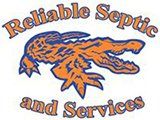

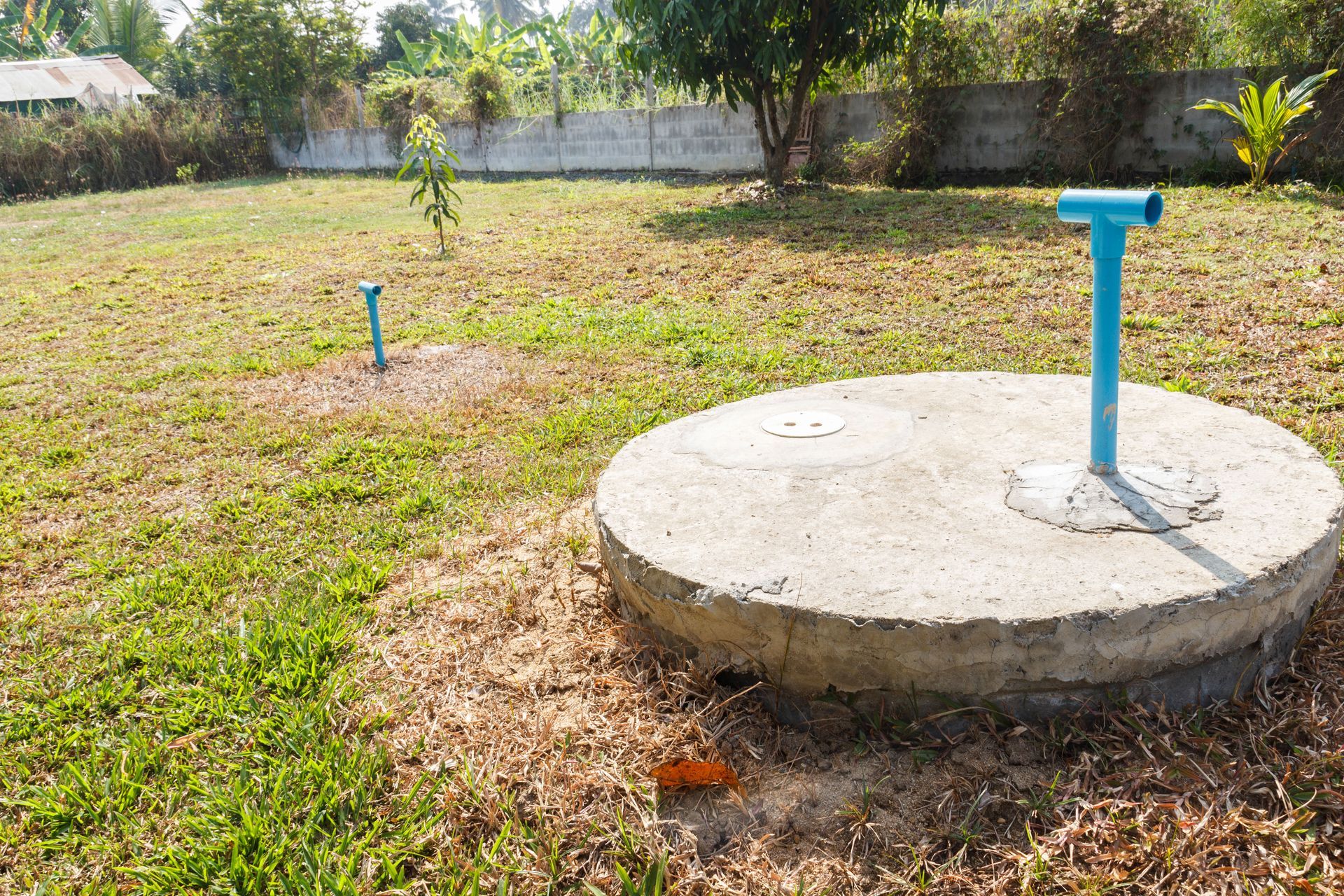
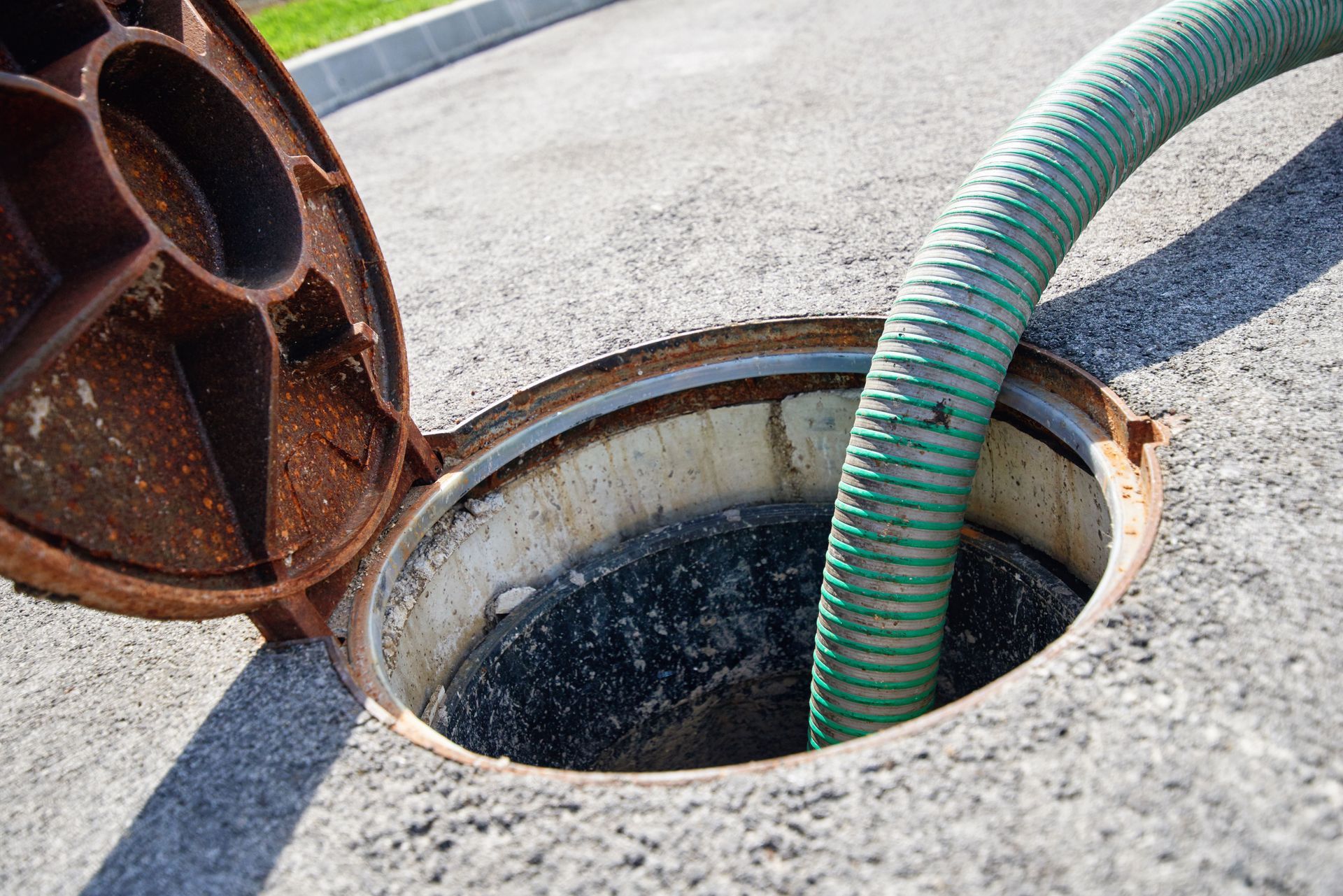
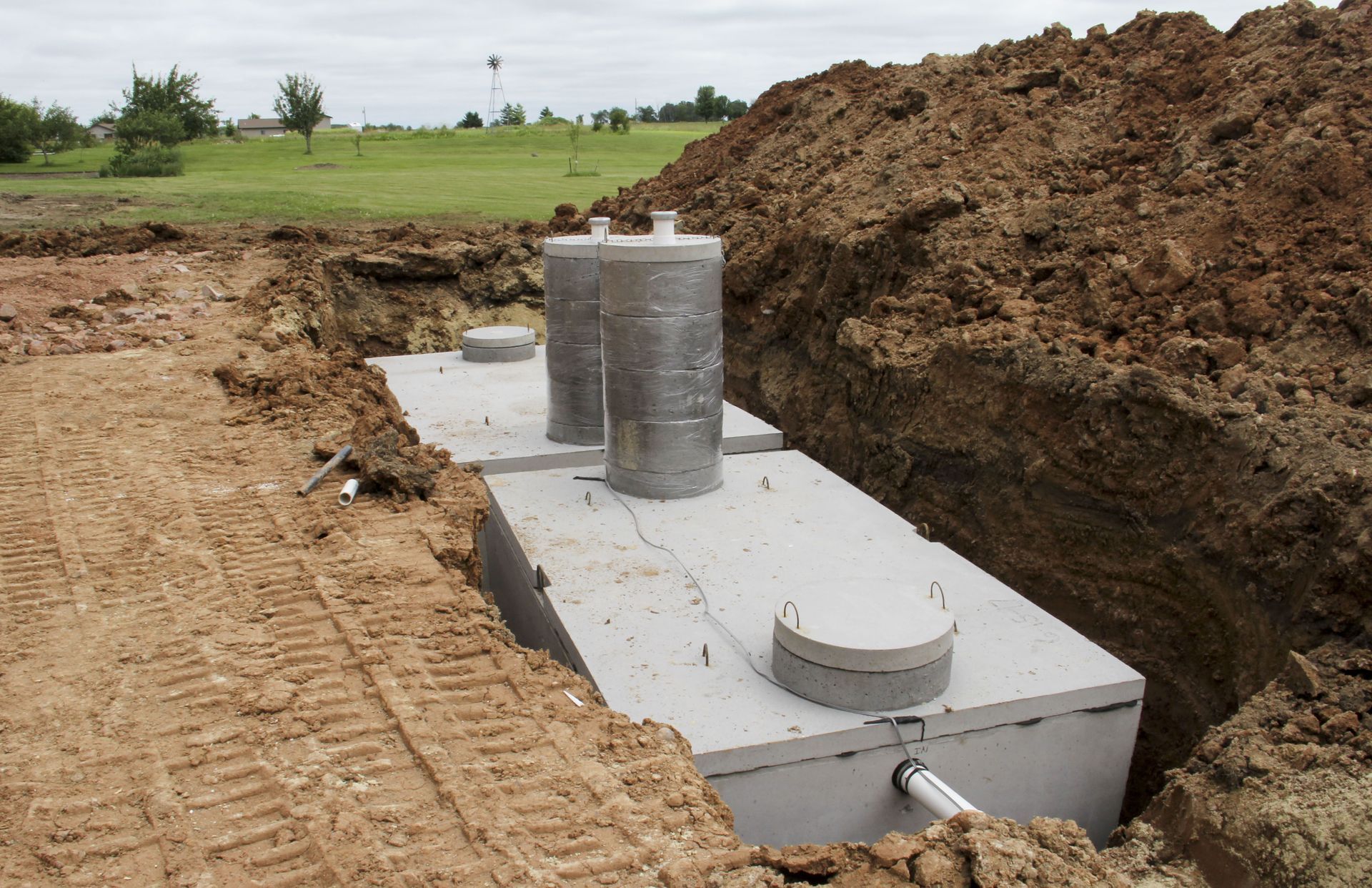
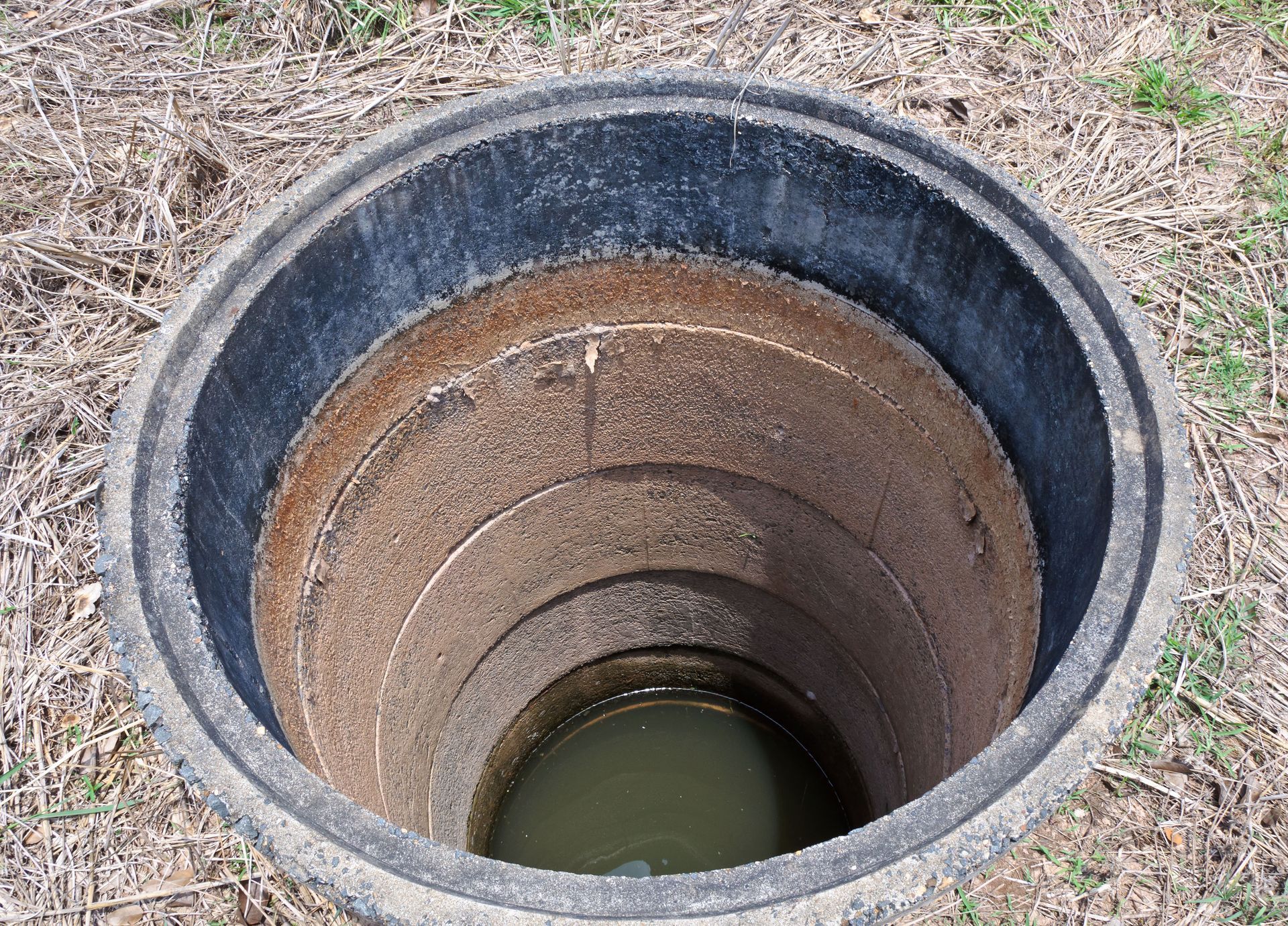
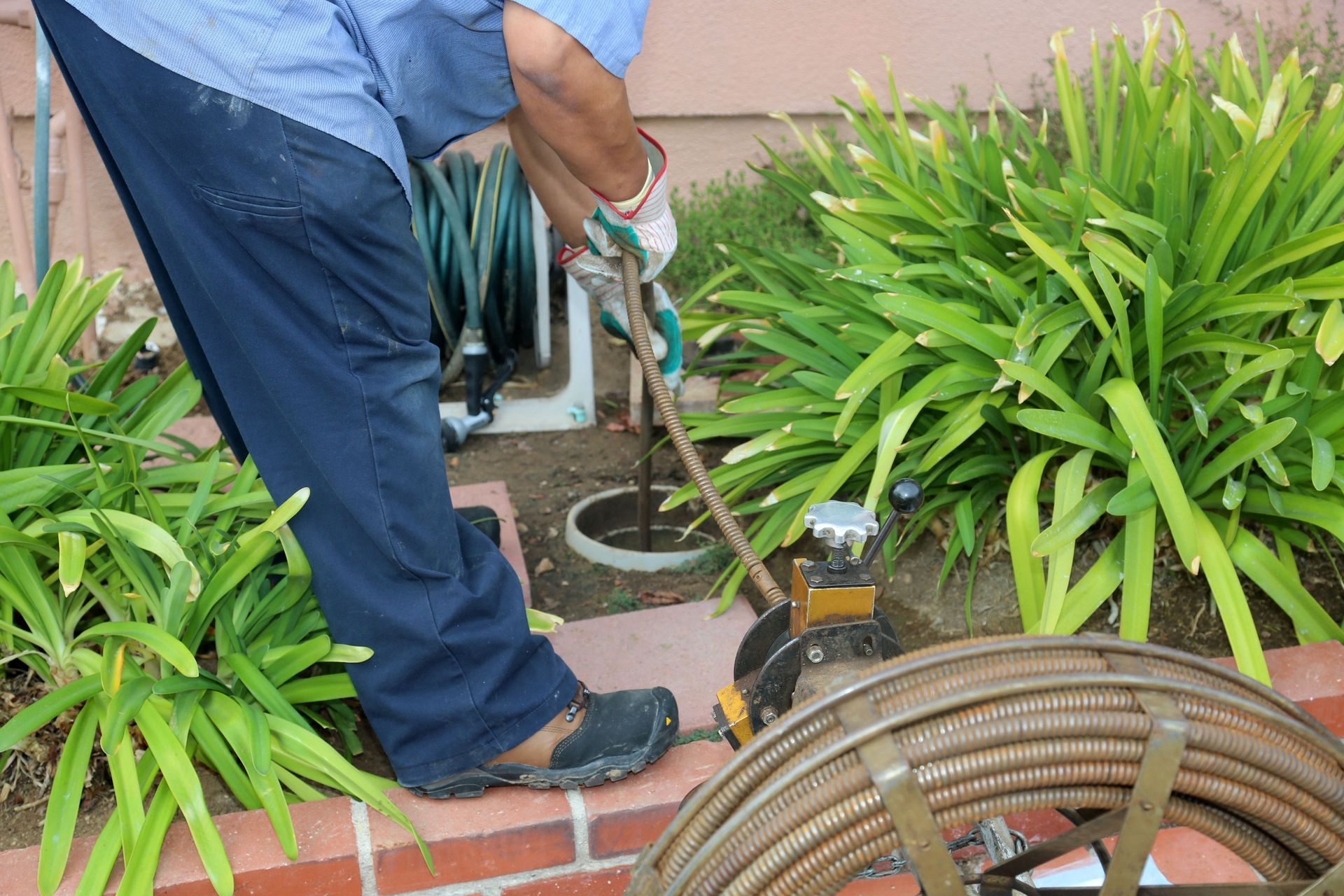
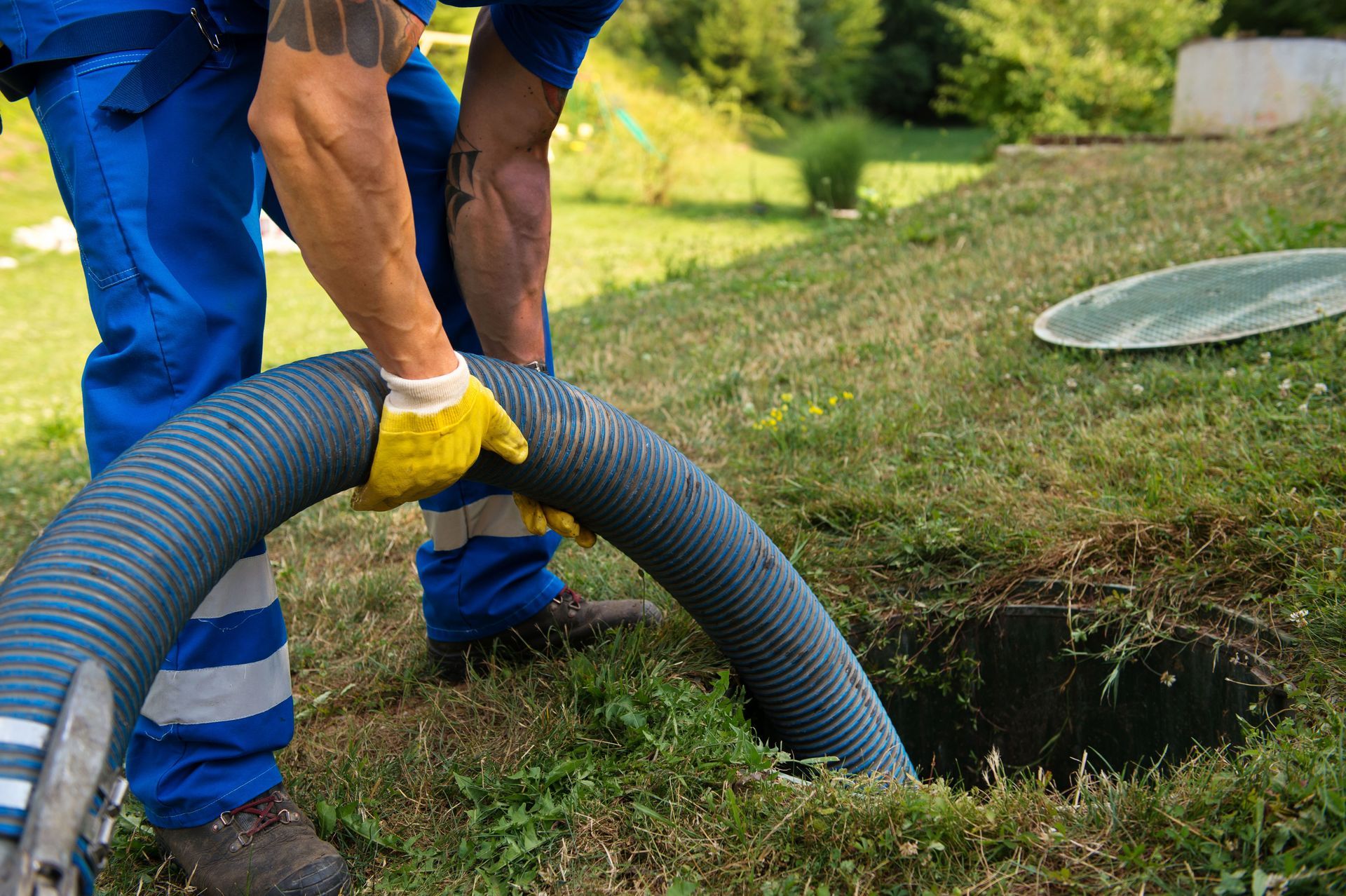
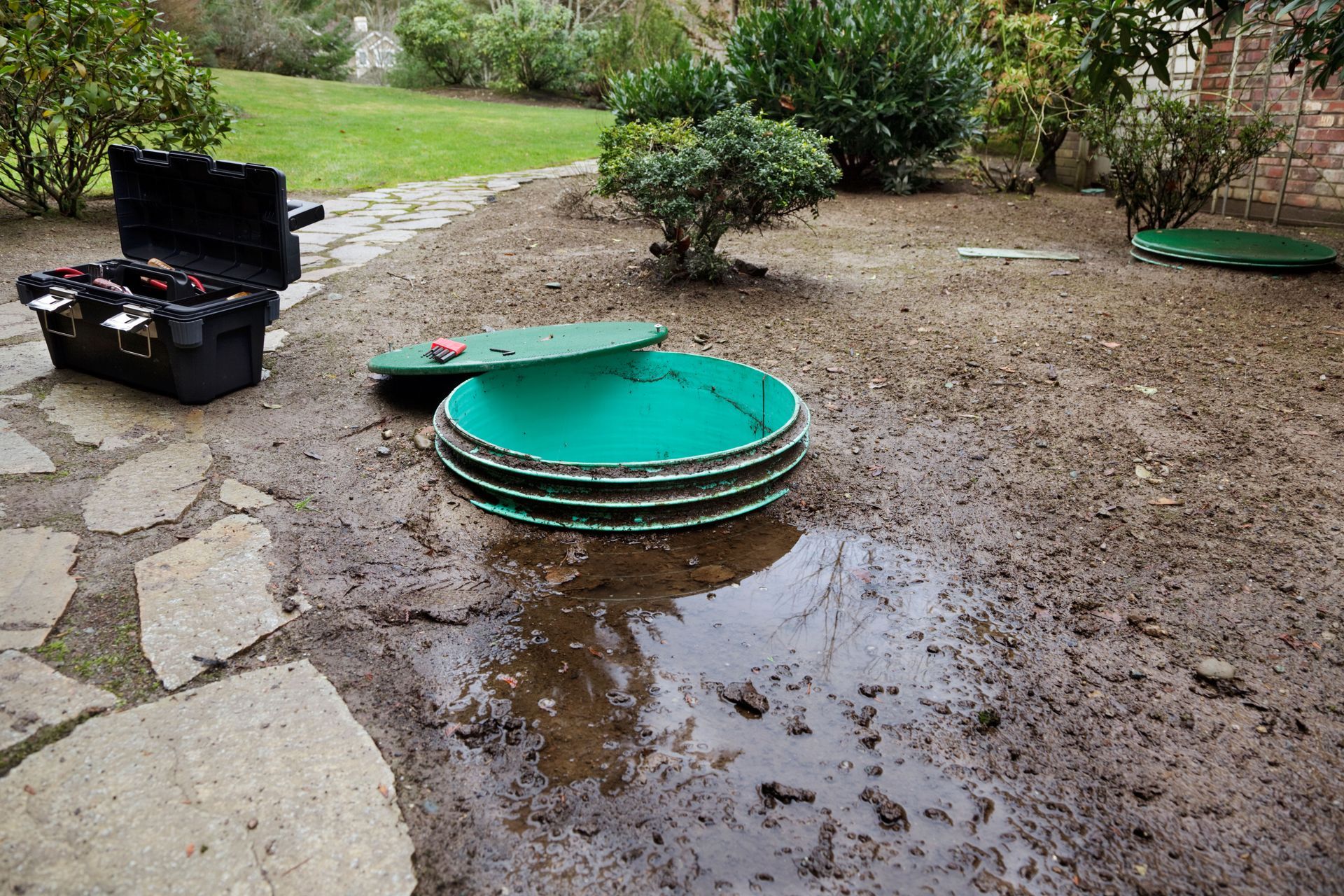
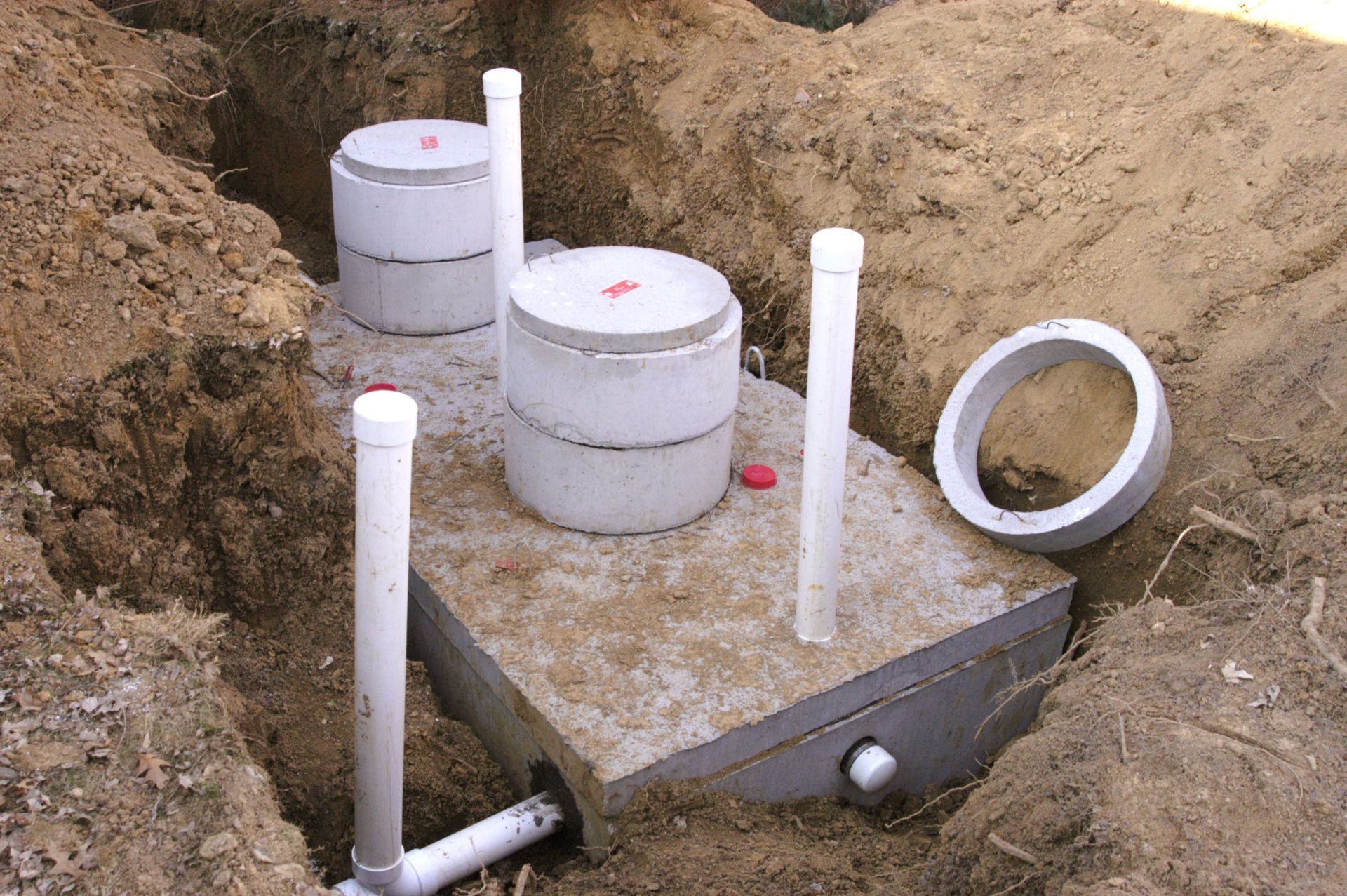
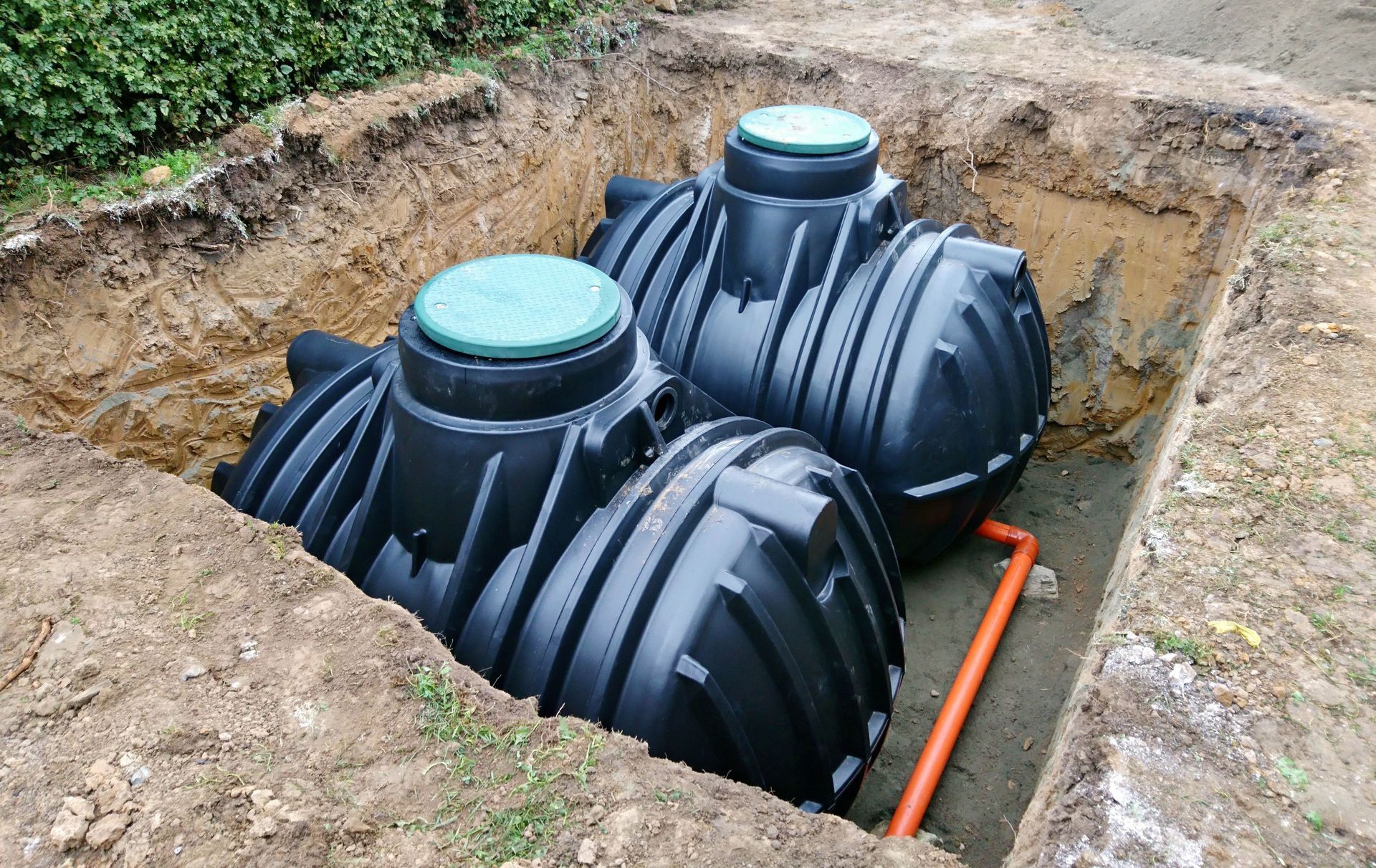
Share On: